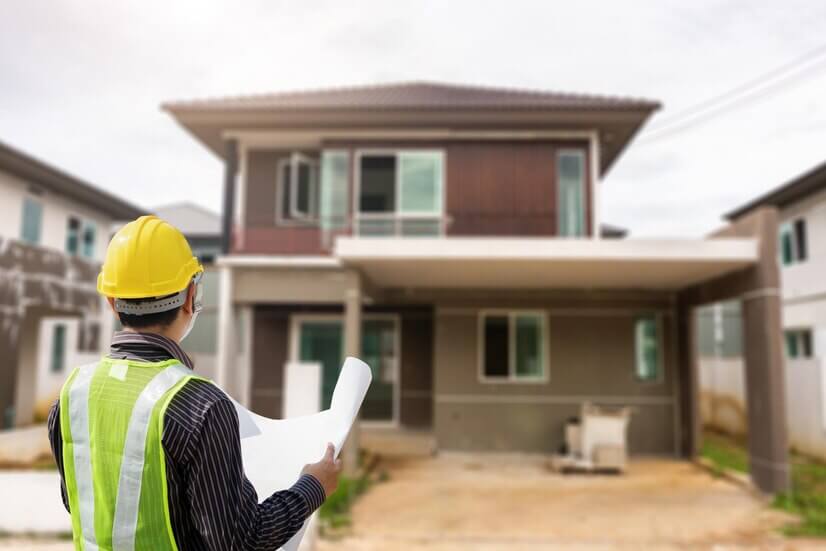RE Investment

DSCR
Debt Service Coverage Ratio, is a calculation used by lenders to assess a borrower’s ability to cover their debt obligations. With a DSCR mortgage loan, the primary focus is not on your personal income but rather the income generated by the property being financed. This unique approach makes DSCR loans an attractive option for real estate investors.
Lenders routinely assess a borrower’s DSCR. A DSCR of 1 indicates a company has exactly enough operating income to pay off its debt service costs. A DSCR of less than 1 denotes a negative cash flow, and the borrower may be unable to cover or pay current debt obligations without drawing on outside sources or borrowing more. A DSCR of 0.95 means there is only sufficient net operating income to cover 95% of annual debt payments.
Fix & Flip
A fix and flip loan is a type of short-term financing specifically designed for investors who purchase properties with the intention of renovating them and selling them for a profit, a process known as “house flipping.” Here’s a breakdown of the key features and characteristics:
Purpose:
- Provide funding for the purchase and renovation of a property that will be resold quickly, typically within 12-18 months.
- Offer capital to cover the costs of acquisition, repairs, improvements, and holding costs until the property is sold.
Key characteristics:
- Short-term: Unlike traditional mortgages with 15-30 year terms, fix and flip loans are typically designed for repayment within a shorter timeframe, often 12-24 months.
- Higher interest rates: Due to the increased risk involved in flipping properties, fix and flip loans typically carry higher interest rates than conventional mortgages.
- Flexible repayment options: Some lenders may offer interest-only payments during the renovation phase, with the full principal and accrued interest due upon sale of the property.
- Secured by the property: Like most mortgages, fix and flip loans are secured by the property itself, meaning the lender can foreclose if the borrower defaults.
Eligibility:
- Requires a strong credit score and solid financial background, as well as proven experience in flipping properties (or a clear plan for the renovation and sale).
- May require a larger down payment than traditional mortgages, depending on the lender and the property value.
- Some lenders may require experience in the construction or renovation industry.

